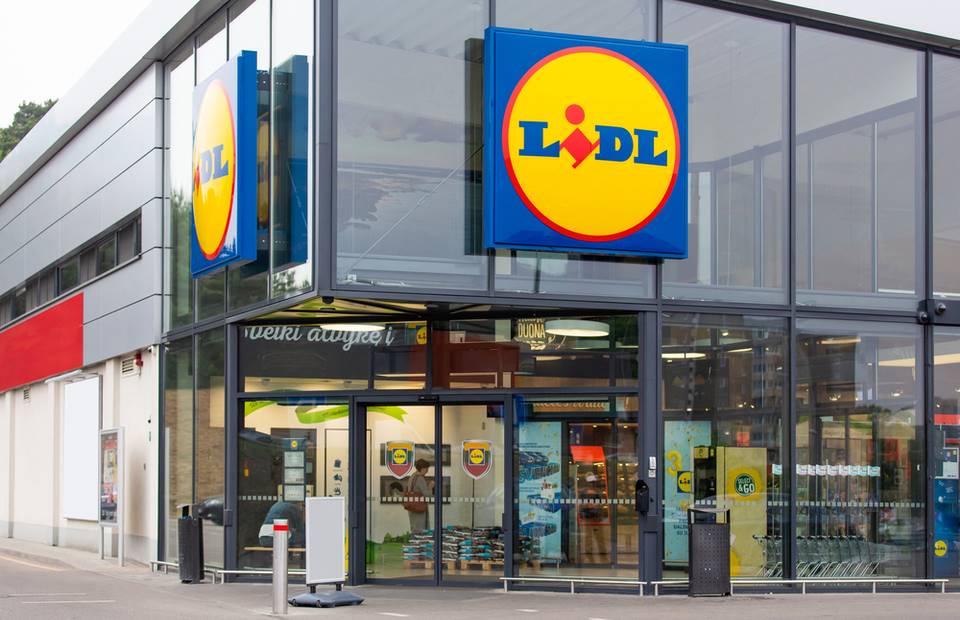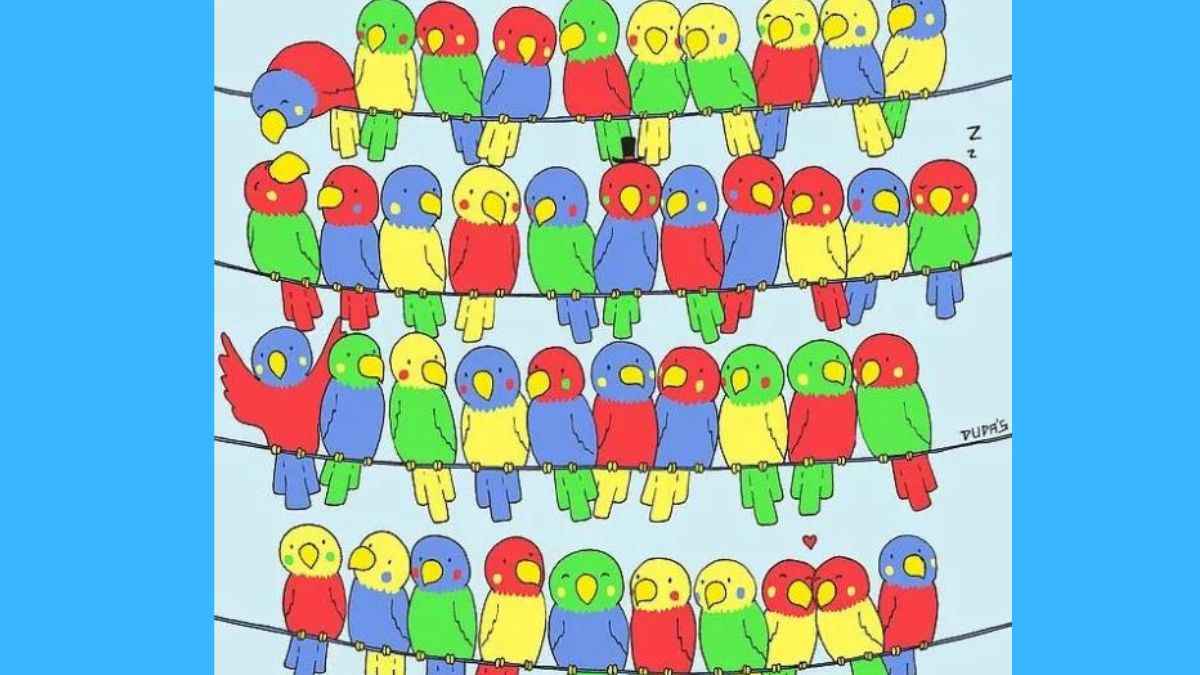The current situation affects absolutely everyone, not only families, but also companies. Against the backdrop of major problems, the whole of society is also changing and businesses simply have to react. Many of them will soon look very different from what we are used to.
Very popular item
Big changes are already underway, for example, at Lidl, which is one of the most popular food retailers not only in the Czech Republic, but also in all of Europe. Apparently, it could also be called the most successful. This, among other things, was because he was not afraid to invent things that were not conventional in his time. And now he doesn’t hesitate to get rid of them and possibly introduce new ones.
Lidl was one of the first grocery stores to start selling other so-called non-food goods on a large scale. It was a big move at the time, because unlike the competition, it expanded its reach significantly and customers really enjoyed being able to buy things like clothes, electronics, tools, or even toys at regular events.
At the same time, relatively little was enough. The product types were very limited and always concentrated on a specific segment. These were often pan-European events, which reduced costs. And people really loved it. Even before Lidl launched the e-shop, at the beginning of the events, lines of people formed in the shops, quickly buying the most attractive non-food products. Plus, they also bought groceries.
The advantage of including goods other than food has also been the very decent margin the seller can have on these products. These are definitely superior to food. And it’s even better that it runs out quickly.
Times change
But apparently, this model has already run out in a way. As the German server Lebensmittel Zeitung informs, the general focus on non-food items is apparently over. Not that it will disappear from stores entirely, but Lidl will no longer focus on it that way and will cut it down considerably.
While this item’s sales were great, which meant it didn’t fill the warehouses too much, it’s a little different now. Initially, Lidl predicted that the share of non-food goods in total sales would rise to 15% this year, but difficulties have led to the fact that it could even be less than ten percent.
It might not seem like a big deal, but it’s very bad for sellers like this to have this stuff piled up in their warehouses. If it fails to sell as expected, it usually loses virtually all of its value and has to make massive sales just to get rid of it quickly. The advantage of the entire trade is therefore quickly lost.
Photo: Shutterstock
–


